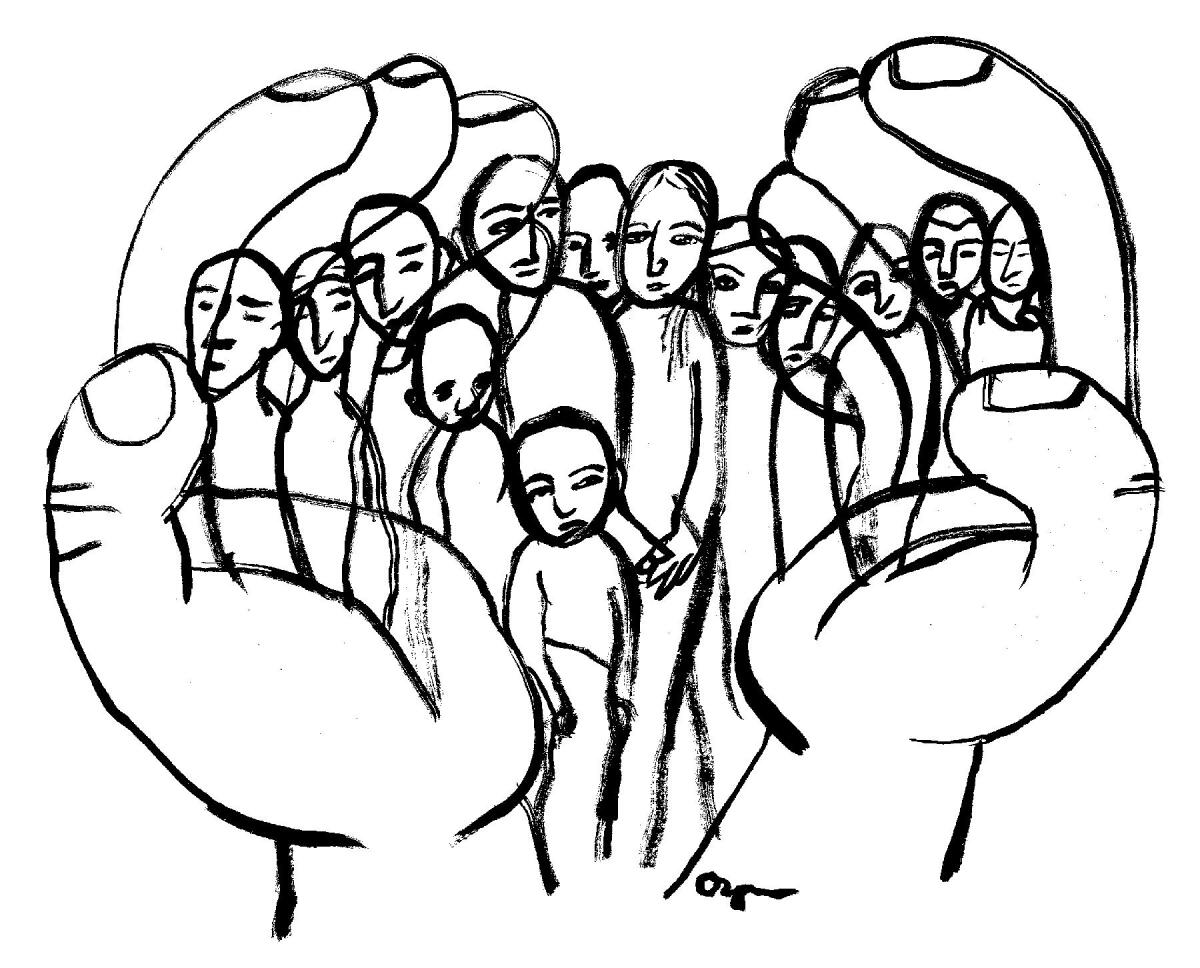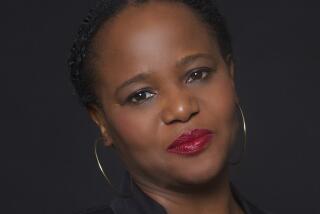Author and editor William McPherson describes descent into poverty

UPDATE: March 28, 2017 â William McPherson, a Pulitzer Prize-winning book critic, came upon hard times late in life and wrote powerfully about that in 2014, as discussed below. He died in hospice care in Washington, D.C., on March 28.
âThe rich,â writes William McPherson at the opening of his essay âFalling,â newly posted at the Hedgehog Review, âare all alike, to revise Tolstoyâs famous words, but the poor are poor in their own particular ways.â McPherson is writing from experience; a novelist and former editor of the Washington Post Book World (he won the 1977 Pulitzer Prize for criticism), he is currently living in poverty.
âI am poor,â he explains. âTo put it directly, I have no money. Does this embarrass me? Of course, it embarrasses me â and a lot of other things as well. Itâs humiliating to be poor, to be dependent on the kindness of family and friends and government subsidies. But it sure is an education.â
âFallingâ is a powerful piece of work, not so much for the arc it traces â McPherson, who is 81, left the Post in 1987, around the time his second novel, âTo the Sargasso Sea,â appeared; he spent seven years reporting from Eastern Europe before health and other issues brought him low â as for its honesty about a subject, money, most of us donât like to talk about. In that sense, it is reminiscent of Vince Passaroâs 1998 Harperâs essay âWhoâll Stop the Drain?,â with its chilling portrait of the writerâs life: working yet increasingly in debt.
âThis is not a story about conspicuous consumption,â Passaro writes there. âMy wife and I didnât, with one exception, travel; we didnât buy a house or an apartment or expensive furniture we could not afford. Indeed, she will be quick to point out, we didnât buy any home or any furniture, and still live in our same rent-stabilized apartment with three children and such items as weâve been able to pick up along the way, such as a secondhand couch and almost 4,000 books.â
For McPherson, the dynamic is not dissimilar, although for different reasons. âI was foolish, careless, and sometimes stupid,â he admits. âAs my older brother, who to keep me off the streets invited me to live with him after his wife died, said, shaking his head in warning, âDonât spend your capital.â His advice was right, but his timing was wrong. Iâd already spent it.â
The issue here is hardly exclusive to writers, although itâs hard to read this essay as a writer without a blade of apprehension slicing through your heart. Why? McPherson was working, is still working; âFallingâ is beautiful, deft.
Still, a few wrong turns, some poor decisions, and he is âat the higher end of the working classes. Iâm not working class because I donât have what most people consider a job. Iâm a writer, although I donât grind out the words the way I once did.â
We talk a lot these days about how writers will be paid in the future, in a digital economy that believes that, in terms of those who create it anyway, content should be free. But what happens at the other end of the spectrum, when we are too old, or in compromised health, to produce with regularity?
This is the subtext of McPhersonâs essay, which offers an uncompromising, and unsentimental, look at life on the other side of the line. There but for the grace of whatever, I want to say, in a culture where the safety net is ever shrinking and excess is back in vogue as a social value. (Did it ever really go away?)
And yet, in the end, âFallingâ is also a survivorâs tale, which is where its true resonance resides.
âI wallowed in that slough for a bit,â McPherson tells us. âIt was not, after all, a happy situation and I am not a dim-witted optimist. But I had two choices, die in the slough or move on.â
twitter: @davidulin
More to Read
Sign up for our Book Club newsletter
Get the latest news, events and more from the Los Angeles Times Book Club, and help us get L.A. reading and talking.
You may occasionally receive promotional content from the Los Angeles Times.









